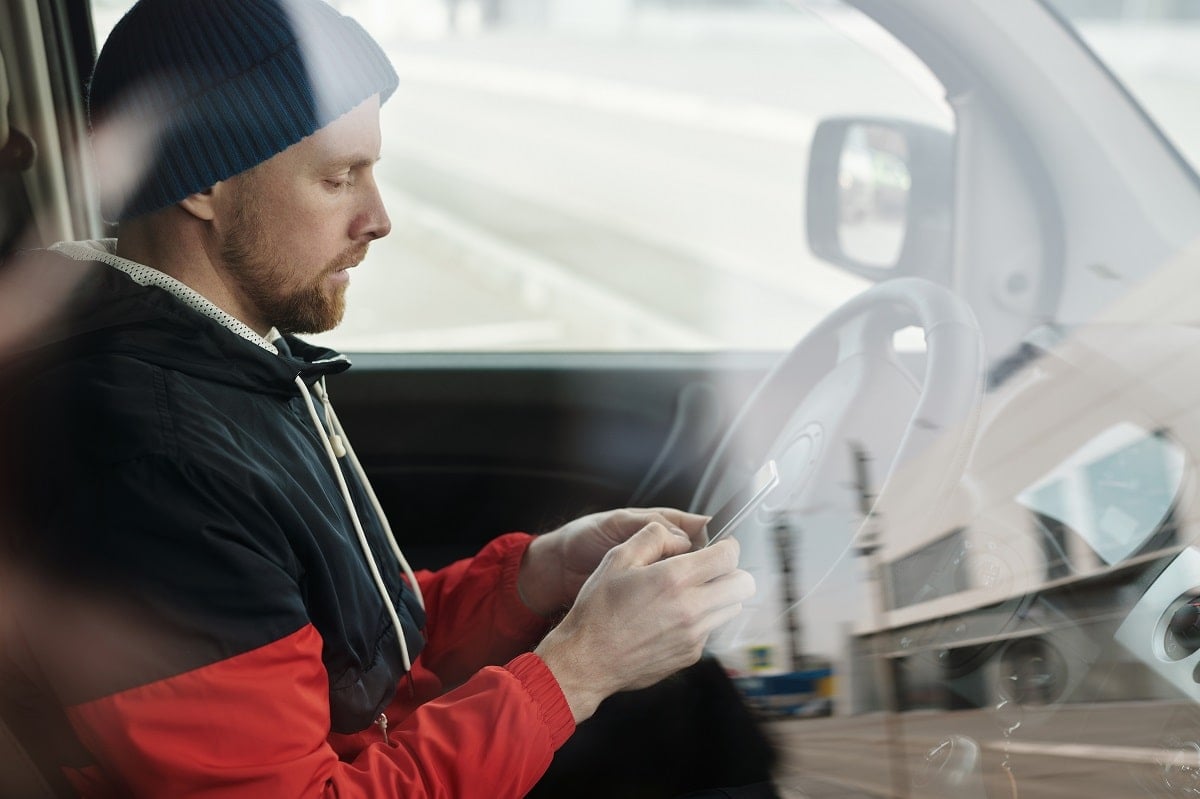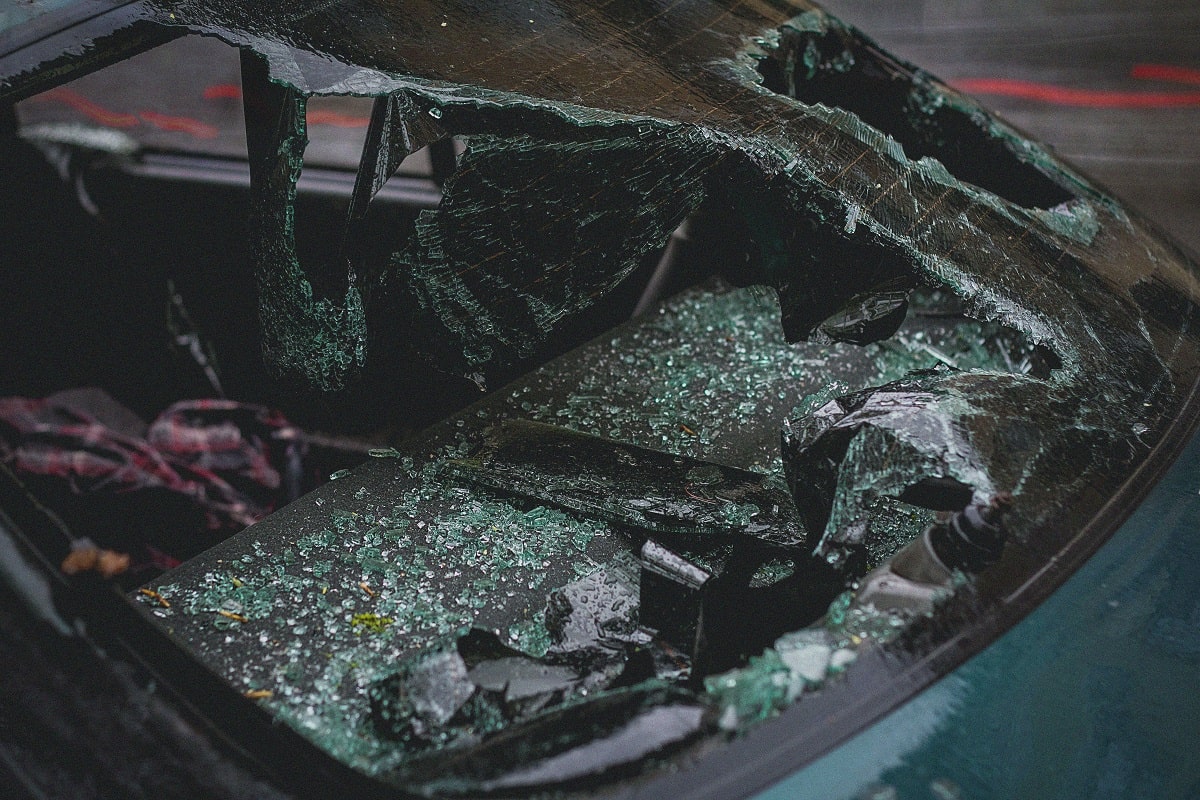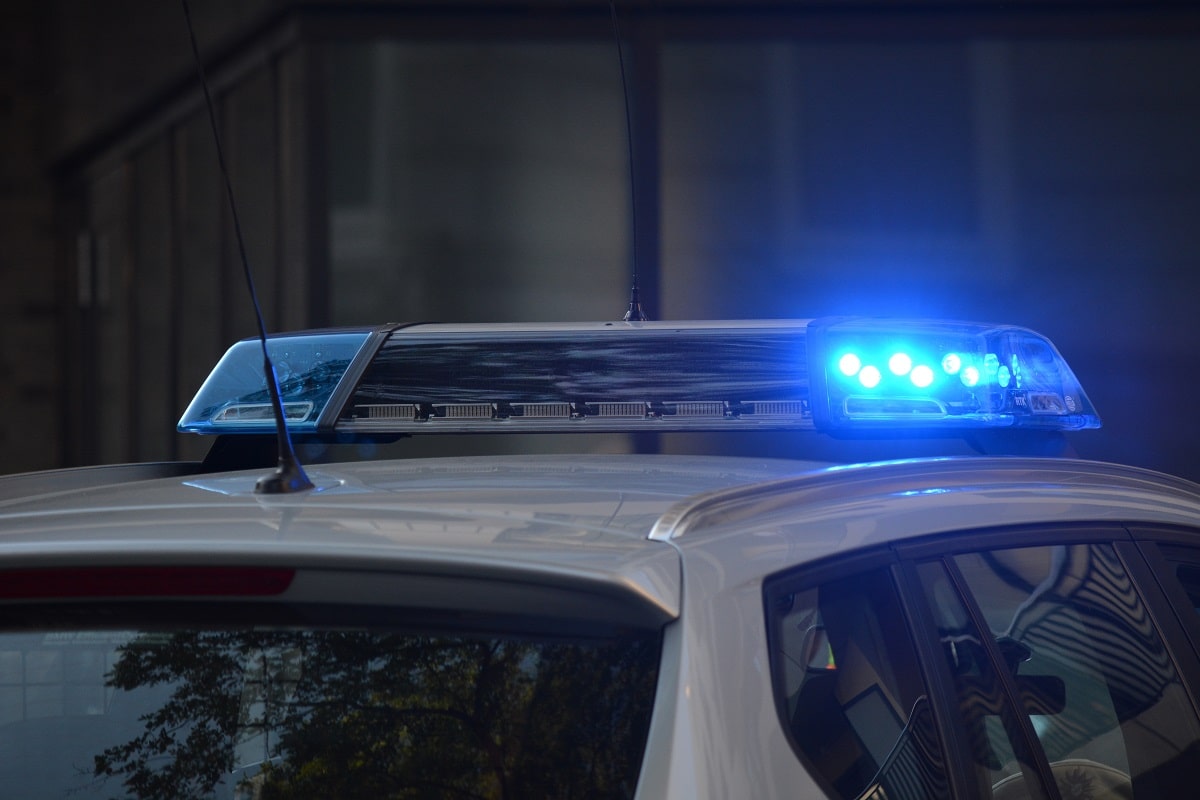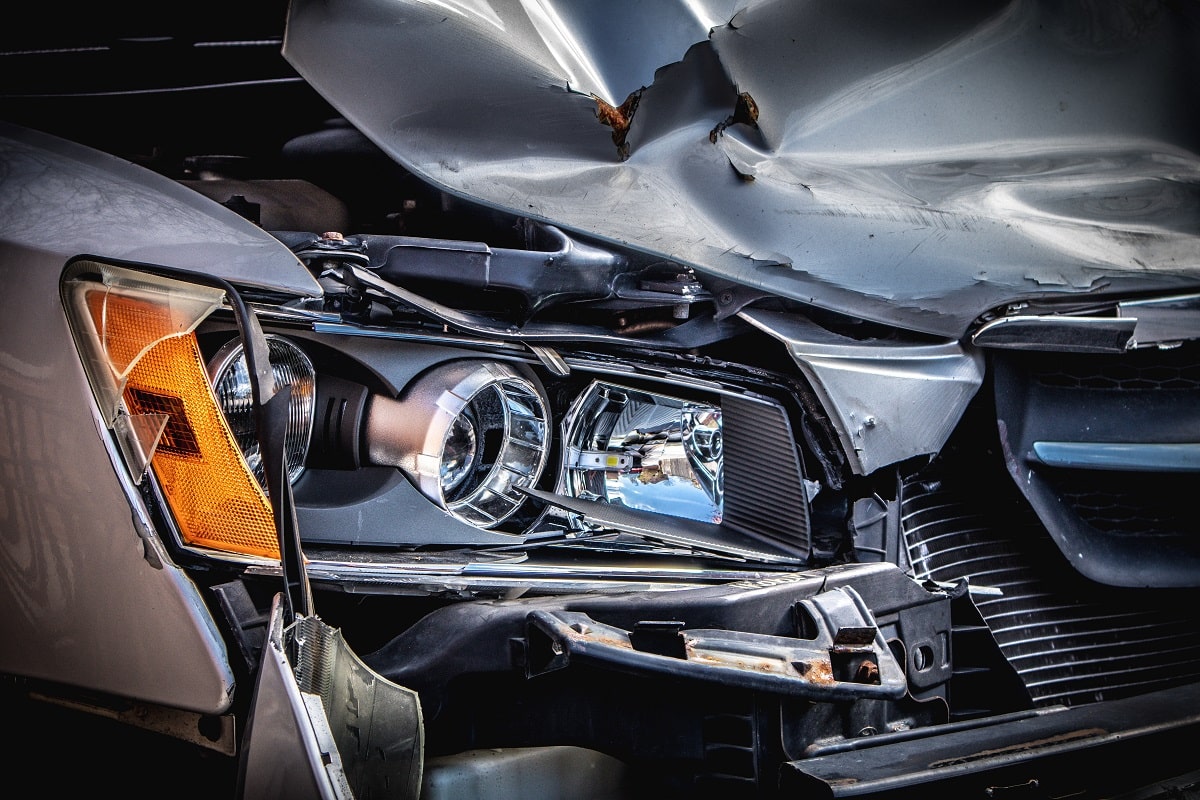1
HOME > Cars >
7 THINGS NOT TO DO AFTER BEING IN A CAR ACCIDENT
Written by Menswear Style in Cars on the 25th October 2022

If you’re involved in a car accident, you’re probably shaken up, to say the least. You might be nervous, afraid, and feel like you’re in fight or flight mode. Even if you aren’t injured, a car accident can be disruptive to your life. Just dealing with property damage claims alone can be time-consuming and frustrating. It’s important to know what to do after an accident and also what not to do, which is discussed below.
1. Leaving the Scene
Don’t flee the scene of an accident, no matter what. In doing so, you go from being at the scene of an accident to leaving a crime scene. It’s illegal to leave an accident scene, regardless of whether you’re at fault or not. If you’re in an accident, make sure to stop your vehicle and pull over to the roadside, if possible, to avoid being in another collision. In a lot of states, you’re required to move your vehicle off the road under the same laws dictating you can’t leave the scene of the accident. Even if you believe there’s no harm that’s been done, you need to stop and assess the situation any time you’re in a collision. If you do leave the scene without stopping, you could face misdemeanor or even felony charges.

2. Not Calling 911
The first thing you should do when you’re involved in an accident is to make sure everyone is safe. If anyone has been injured, or if there’s even a possibility of an injury, you need to make sure to call 911. If someone seems out of it or dizzy, even if they’re saying they aren’t hurt, call 911 or make sure they’re getting emergency medical attention. You should do the same for yourself. If you have serious injuries, you may not notice them at the scene of the accident because you are in fight-or-flight mode. If you have injuries that go untreated, they can worsen, putting you at risk of permanent injury or death. You might also end up facing mountains of medical bills.
3. Leaving Without Calling the Police
Even in a minor fender bender, you should contact the police. You need to report the accident for several reasons. First, if possible, get a police officer on the scene of the accident, it’s for the best. A police officer can create and file an accident report. That thorough write-up can be useful later on. It’ll also include contact information, and you’ll have accident details on the record. If your accident causes any property damage or injuries, you may be legally required to contact the police. After you speak to a law enforcement officer, get their contact information in case you need to reach out to them later. It may be that you call the police, and after hearing about your accident, they say they aren’t going to come to the scene. This is increasingly common as police departments are stretched thin. If this happens, you can gather your own evidence and file an accident report. Even if you think the police aren’t going to respond to the accident scene, call them just to be on the safe side.

4. Apologizing or Admitting Fault
When you’re first in an accident, you’re probably foggy in your thoughts. You may not even realize exactly what happened, but your natural instinct could be to start apologizing to the other driver. In doing so, you might be admitting fault. It’s normal to want to apologize and admit even just a percentage of the fault for an accident, but if you do that, it can be used against you. This could end up impacting whether you can receive compensation from an insurer for property damage and personal injury. It can also affect the amount of compensation you can receive.
5. Forgetting to Get Evidence
Even if the police come to your accident scene, you need to gather your own evidence too. Take pictures of anything and everything. Take pictures of your vehicle, other involved vehicles, the surroundings, the street signs, the stoplights, and whatever else is in the vicinity. Take some notes on your phone about the weather, the amount of traffic, and the general conditions when the accident occurred. You want to write down the names and contact information of anyone nearby too. This information and evidence can be invaluable to your later.

6. Not Exchanging Information
You probably realize when you’re thinking clearly that you need to exchange contact information with the other driver at the scene of a collision, but when an accident happens, you probably aren’t thinking clearly. With that in mind, don’t forget to get the other driver’s insurance company information, including their policy number. Accidents are dealt with through insurance companies because most people don’t have the money to compensate for the damage they might cause in an accident. If you’re in an accident with a person who follows the law, they should have insurance which is why you need their carrier information. You should also exchange names and addresses and the registration numbers for your vehicles. It’s also a good idea to show your driver’s license to one another and take a picture.
7. Talking to the Other Driver’s Insurance Company
Finally, if you’re in an accident, the other driver’s insurance company is probably going to reach out to you pretty soon after. The insurance company wants to get in touch with you as soon as they can because immediately following an accident is when people tend to be the most vulnerable. Also, if you don’t hire a lawyer right away, an insurance company knows that they can talk to you directly. The goal of the insurance company is to convince you to settle for as little as possible. When you talk to the other driver’s insurance company, it might also be gathering information it’s going to use against you during the process of trying to settle or if there’s a lawsuit.
Trending
2
3
4
5
6
7
8
9
10









